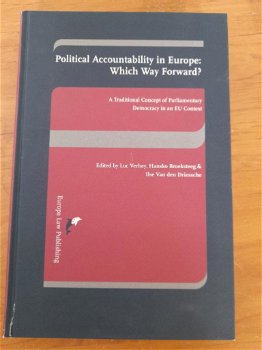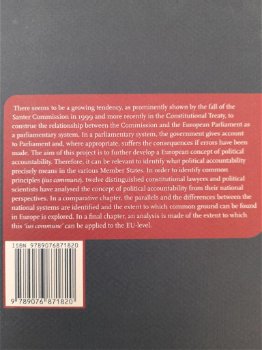
Maryson, W.J. : 2 NIEUWE boeken
Hazerswoude dorp
Bieden












